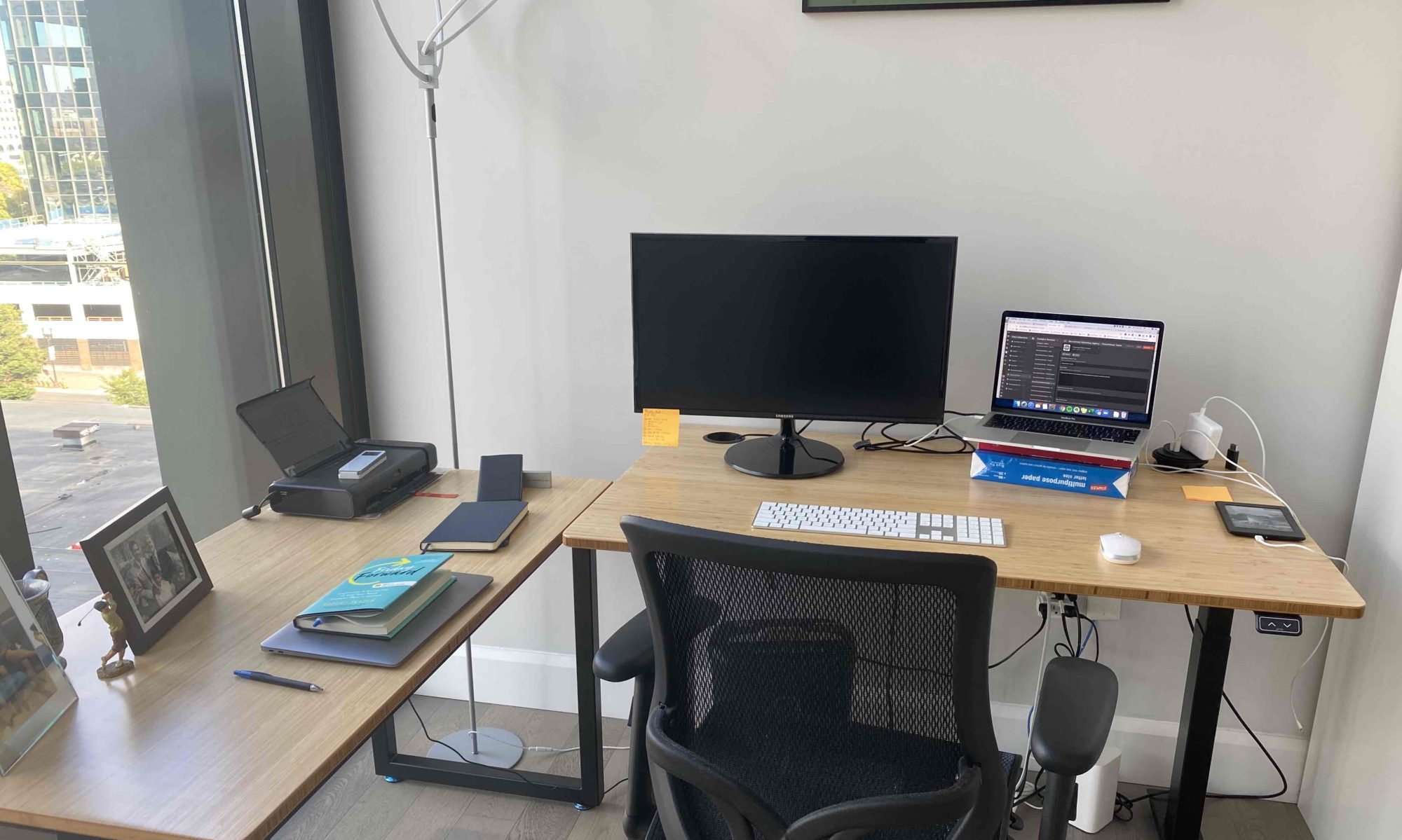Last summer I worked at a growth stage silicon valley startup. As this is becoming more and more popular for MBAs to do, I thought I’d share a few tips that I learned.
1) Don’t let your classmate’s job searches stress you out. McKinsey is on campus in October, and will give out offers before people even come back from winter break. That’s great. But, it’s not what you want to do – you want to get your hands dirty this summer, so don’t stress when half your friends have jobs in March and you’ve just begun your search.
2) Start your search early, like December early. Make a hit list of the companies you want to work in – think about whether you want the absolute craziness of a seed/series A stage company, or the relative direction that a growth stage (100+ employees) company has. Identify the industries and geographies you want to work in, and then use crunchbase, VCs portfolio companies, and linkedin to create a target list.
3) Look at any connections you may have at a given company – alumni from your school, maybe their product manager played the same sport in college, etc. If nothing strikes you, write a thoughtful and authentic email about what you’re looking for this summer, why you’d want to work at XYZ company (hopefully there is a rhyme or reason to why you want to give up $25k working at Goldman Sachs), and what you bring to the table (sales, strategy, just ready to get into everything and anything).
4) Be aggressive about follow up. Most startups are super busy, don’t hire interns, and won’t think about it until April/May. Stay in front of your contact person, update them with how your search is going, and try to setup a time when you can fly to your target destination to meet with 5-10 companies.
5) Some of the best advice I got was to get coffee with everyone at the company – from the person who answers the phones to engineers. Get to know how each part of the machine works, or doesn’t work. Why are people here, what motivates them, how is the strategy articulated by the CEO different from the perceptions of the people executing…there are lots of great lessons to be learned.
6) Don’t be shy. You have 8-12 weeks, express your ideas (humbly), develop projects you think could help the company and test them in a lean way, make sure you’re learning actual execution skills, not just making models and powerpoint decks for the c-suite’s next meeting with investors.
7) Be aggressive about getting to work on interesting products. Think SEO is an important part of your future? Read the SEOMoz blog and tell the VP of marketing you can help. Boss not giving you work? Trust me, someone else in the company would love for you to help. Don’t be afraid to answer customer service requests, or deliver some organic vegetables!
8) Learn skills. Sales, coding, SEO, writing content, customer service…what do you like to do, what are you good at, where are your holes. How does this fit into what you want to do after graduation?
9) Network. Get to know people from other programs in your city. Get to know PMs and VPs and engineers at other companies – what challenges have they dealt with and what can you learn? What can you bring back to your company? Learning from others in this way is maybe the most powerful aspect of a startup hub such as silicon valley, take advantage.
10) Reflect. Understand why you did/didn’t like the role, city you were in, company you were at, etc and how this shapes your career going forward. I HIGHLY RECOMMEND taking 10 minutes at the start of the summer to write down some goals, looking at the goals mid summer, write down how your experience is going so far, and then revisit both reflections in September as you get back to campus and start to think about full time employment. Trust me!
Hopefully these help. Good luck!
